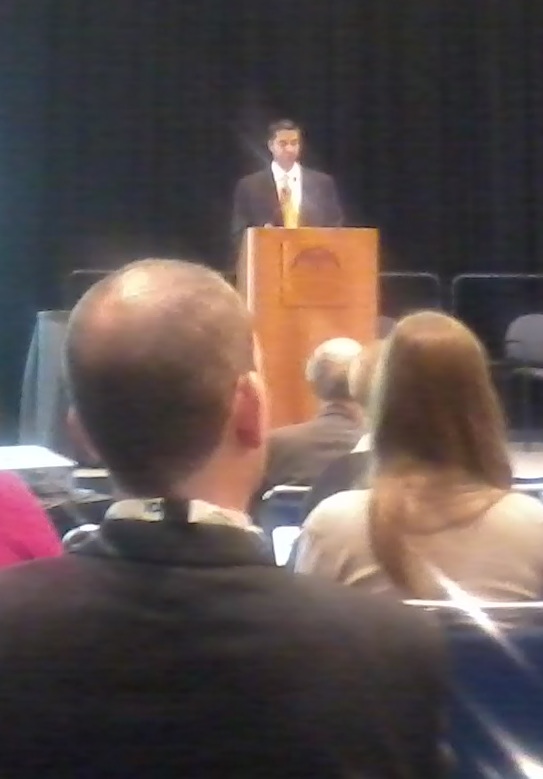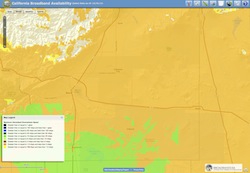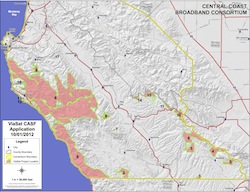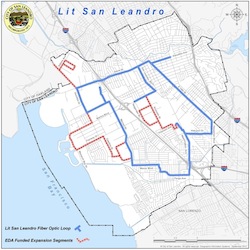Gizmo updates from MobileCon
consumer electronics, crowdsource, ctia, device anywhere, Escort, mobile, mobile broadband, pepcom

Escort’s macho Smokey and the Bandit-style crowd sourcing platform is finding its feminine side. Their flagship 9500 model is sporting a pearl white finish with pink trim, all in support of the Susan G. Koman Foundation. Carrie would approve.
A company spokesman wouldn’t divulge subscriber numbers except to say growth is “huge”, with some interesting channel partners in the pipeline.
DeviceAnywhere, which offers developers online test-bed access to a long list of mobile devices and operating systems, was acquired a year ago by Keynote.… More






